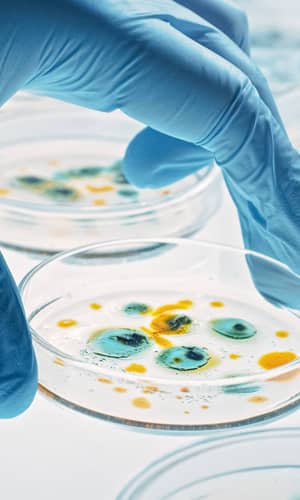Professional, peer-reviewed papers about bacteria showing their role in the environment and disease, their design, and adaptive capabilities.

Living Evidence of a Global Catastrophe: How Microbial Biogeography Supports Noah’s Flood
Dr. Andrew Fabich • Oct. 17, 2018
The biblical account of Noah’s Flood provides an update to modern microbial biogeography and modern creation apologetics.
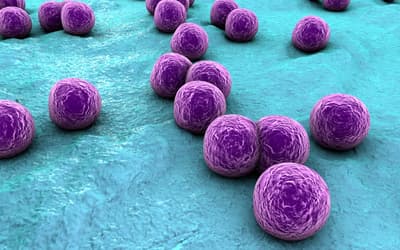
The Genesis and Emergence of Community-Associated Methicillin-Resistant Staphylococcus aureus (CA-MRSA): An Example of Evolution in Action?
Dr. Alan L. Gillen , et. al. • Oct. 14, 2015
We have seen a changing profile from HA-MRSA to CA-MRSA. This is potentially dangerous because the new strains are more virulent and aggressive.
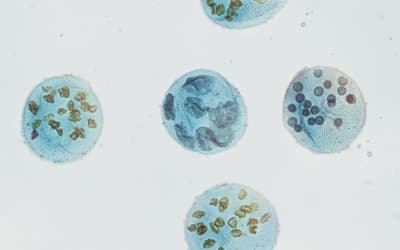
Information Processing Differences Between Bacteria and Eukarya—Implications for the Myth of Eukaryogenesis
Change Laura Tan , et. al. • March 25, 2015
Based on differences in gene sets and molecular machines between bacteria and eukarya, we continue to demonstrate that unbridgeable evolutionary chasms exist.

Information Processing Differences Between Archaea and Eukarya—Implications for Homologs and the Myth of Eukaryogenesis
Change Laura Tan , et. al. • March 18, 2015
In the grand evolutionary paradigm, the origin of the eukaryotic cell represents one of the great mysteries and key hypothetical transitions of life.
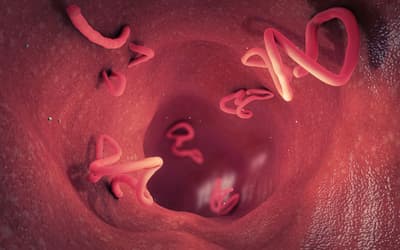
Parasitology and Creation
Dr. Matthew E. Ingle • Feb. 4, 2015
As we learn more about parasites, which don’t seem to be “good” design, we will understand better how the parasitic lifestyle resulted from the Fall.
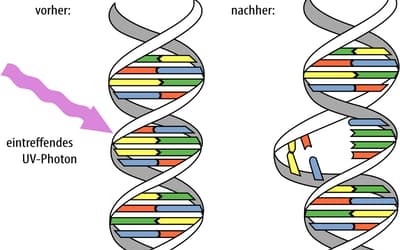
Towards a Creationary Classification of Mutations
Jonathan Bartlett • Dec. 2, 2009
Mutations are normally classified according to their proximal effect on an organism’s fitness, whether beneficial, deleterious, or neutral.
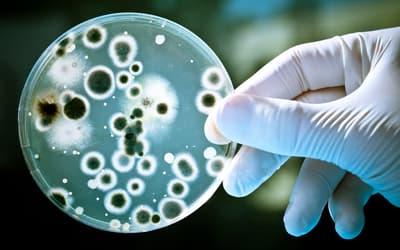
The Role of Genomic Islands, Mutation, and Displacement in the Origin of Bacterial Pathogenicity
Dr. Georgia Purdom • Oct. 28, 2009
Bacteria are mostly beneficial, even though a minority are known as pathogens. They are necessary for natural processes such as human digestion and biogeochemical cycling.
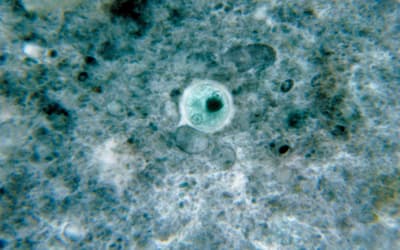
A Possible Function of Entamoeba histolytica in the Creation Model
Frank Sherwin • Oct. 14, 2009
There is a need for parasites such as Entamoeba histolytica to be addressed from a biblical perspective that may include their original symbiotic or mutualistic association in man.

A Review of Mitoribosome Structure and Function Does not Support the Serial Endosymbiotic Theory
Daniel Criswell • Oct. 7, 2009
It is apparent from the knowledge gained about mitochondria ribosome structure and function since the proposal of the Serial Endosymbiosis Theory that prokaryotes are not the ancestors of eukaryotes.
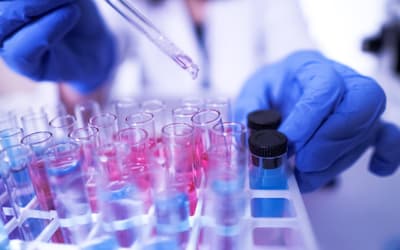
The Natural History of Retroviruses
Yingguang Liu , et. al. • Sept. 30, 2009
Evolutionists assume that all endogenous retroviruses are remnants of germ line infection by exogenous retroviruses.
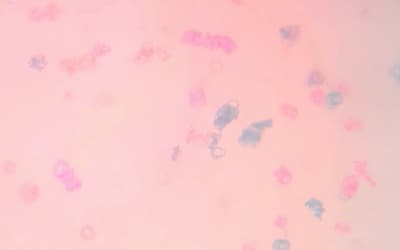
More Abundant than Stars
Dr. Georgia Purdom , et. al. • Sept. 23, 2009
Microbes form a life-sustaining organosubstrate on earth and contribute to our understanding of geology, ecology, and biology.

Radiocarbon Ages for Fossil Ammonites and Wood in Cretaceous Strata near Redding, California
Dr. Andrew A. Snelling • Dec. 10, 2008
Measurable radiocarbon has been detected in fossils from the earliest days of radiocarbon dating. When these data are put in perspective, their deadly significance to uniformitarianism is apparent.

Bacterial Attenuation and its Link to Innate Oncolytic Potential
Luke Kim • Oct. 15, 2008
Although bacteria have been mainly recognized as disease causing agents, there are abundant scientific evidences that bacterial pathogenicity is not the major biological function of bacteria.
Bacteria on Answers Research Journal
Evolutionists claim that all life arose from a single-celled common ancestor over millions of years. Bacteria, also known as prokaryotes, are thought to represent simple organisms that closely resemble that first life. The endosymbiotic theory proposes that certain types of bacteria were engulfed by other cells, maintained a symbiotic relationship with the cells, and became what we know today as mitochondria and chloroplasts, resulting in the evolution of eukaryotic cells.
Bacteria exist in nearly every place on earth and perform important functions such as decomposition, symbiotic relationships with living organisms, and roles in nutrient cycles. Very few bacteria are pathogenic and cause disease.
God created bacteria to be a biomatrix that connects the physical world with the living world. Through their work in decomposition and nutrient cycles, bacteria liberate nutrients that in turn are used by plants, animals, and humans. However, due to the fall, mutations in bacteria have led to disease and antibiotic-resistant bacteria. God designed bacteria to adapt and change to survive in a fallen world, but this is not an example of evolution. Adaptation doesn’t result in anything new, and bacteria remain bacteria.
The aim of these research papers in Answers Research Journal (ARJ) is to show that bacteria are complex organisms that have been designed by God with the ability to adapt and change to perform specific functions. These professional, peer-reviewed papers address issues related to bacteria and how that relates to other disciplines. Our journal considers bacteria in light of creation, the evolutionary worldview, biblical scholarship, genetics, the fall, Noah’s flood, and more.
